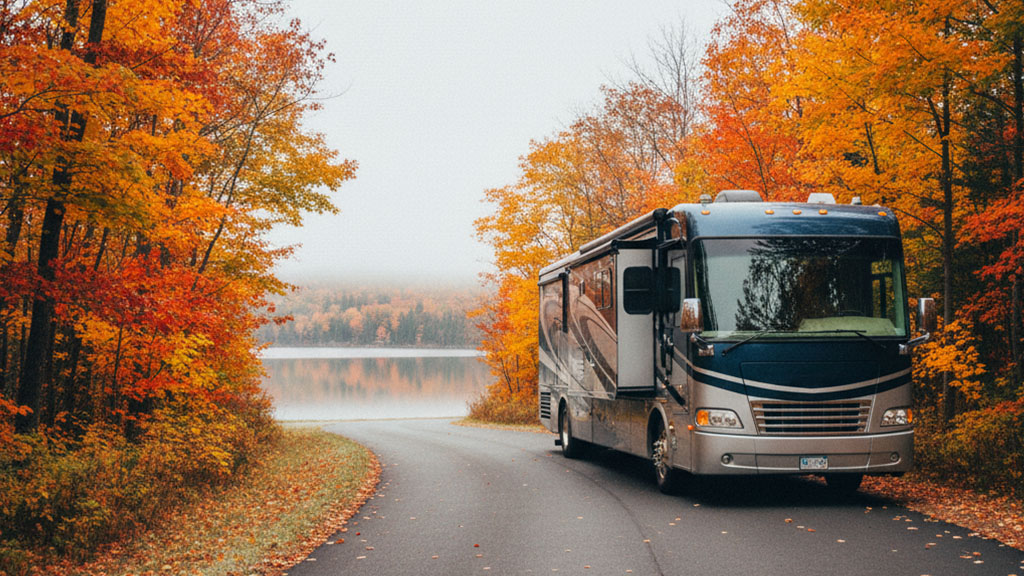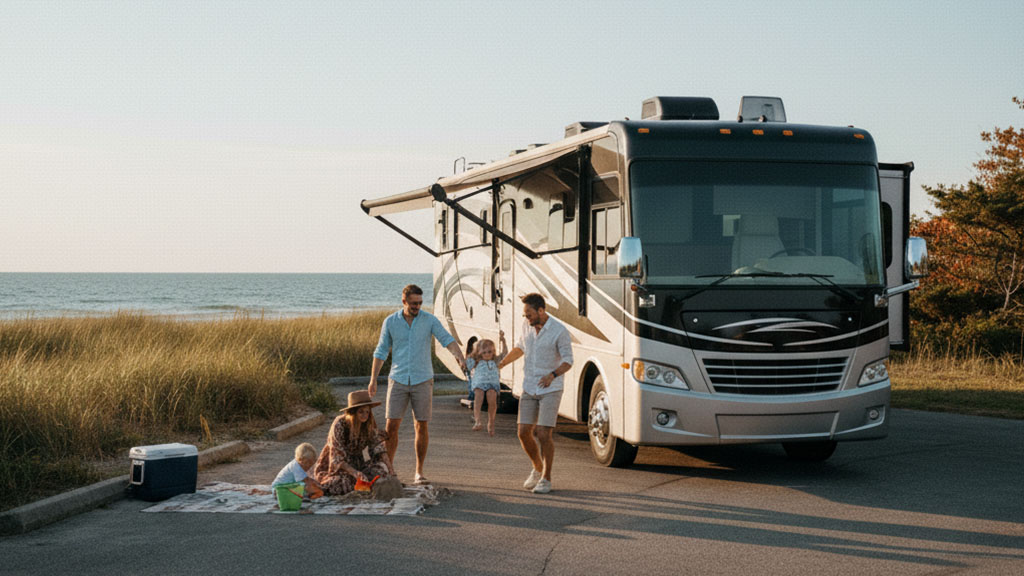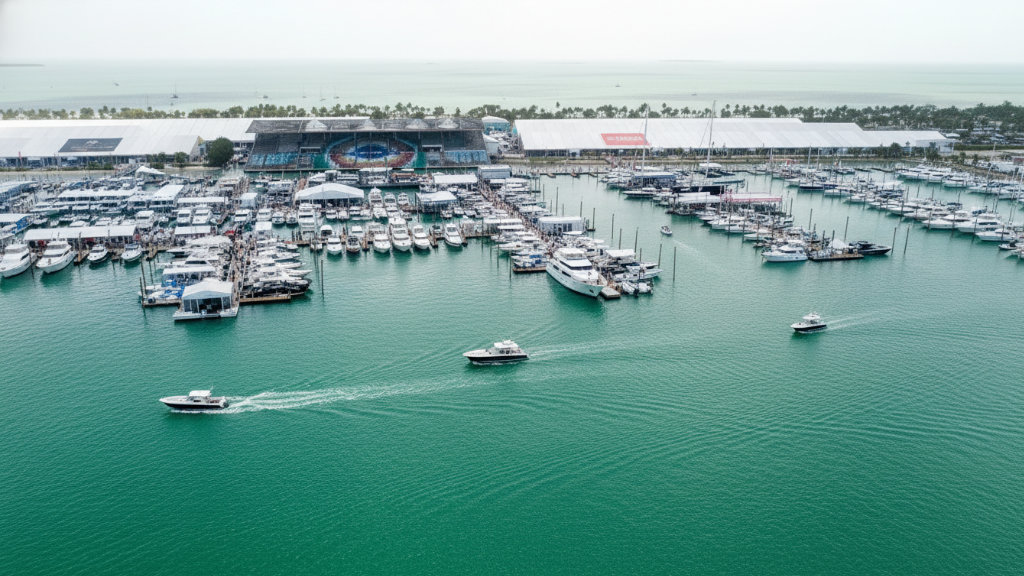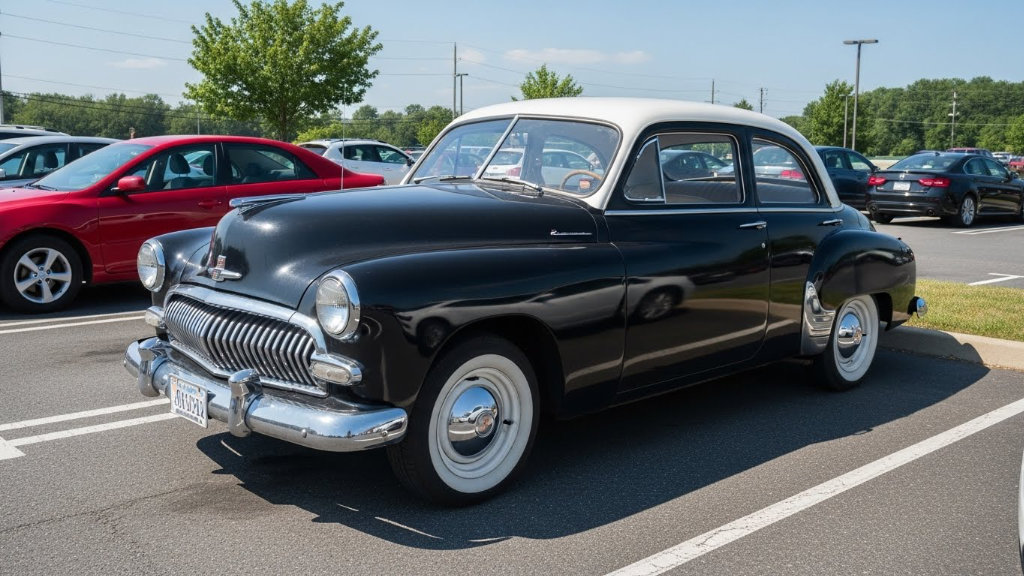North Carolina is one of the few states that doesn’t technically charge sales tax on vehicles. Instead, the state applies a 3% Highway Use Tax (HUT) at the time of registration. While this flat rate is among the lowest in the country, buyers of high-end, exotic, or custom vehicles can still end up paying thousands. Understanding how North Carolina applies HUT—and how to reduce or avoid it in a compliant way can help you keep more money in your pocket.
In this guide, we’ll break down how North Carolina’s vehicle tax works, what exemptions may apply, how the state compares to others, and how Ride Legal helps you leverage tax-saving strategies legally and efficiently.
North Carolina Vehicle Sales Tax Overview
North Carolina does not charge a traditional sales tax on motor vehicles. Instead, it collects a 3% Highway Use Tax (HUT) when the car is titled and registered (North Carolina Division of Motor Vehicles – Highway Use Tax).
Key points:
- HUT applies to dealer and private-party vehicle purchases
- Tax is based on the purchase price or fair market value, whichever is higher
- Tax is collected at registration, not the point of sale
- There is a $250 cap on HUT for leased vehicles only
- Trade-in credit is allowed only on dealer transactions
No city or county-level sales taxes apply to vehicle purchases in North Carolina.

Example: North Carolina Vehicle Tax Costs
Here are examples of how much you’d pay under the 3% HUT based on the taxable value of the vehicle:
| Vehicle Price | Highway Use Tax (3%) | Total Cost with Tax |
|---|---|---|
| $30,000 | $900 | $30,900 |
| $50,000 | $1,500 | $51,500 |
| $75,000 | $2,250 | $77,250 |
| $100,000 | $3,000 | $103,000 |
How North Carolina Compares to Other States
North Carolina’s 3% rate is lower than most states, but high-value vehicle buyers still stand to save more by registering in a tax-free state.
- California (Los Angeles County): 9.5% – $100,000 = $9,500 tax (California Department of Tax and Fee Administration – Rates)
- Florida (Miami-Dade): 7% with a $5,000 cap – max ~$700 tax (Florida Department of Revenue)
- New York (Yonkers): 8.875% – $100,000 = $8,875 tax (New York Department of Taxation – Sales Tax Rates)
- Montana: 0% – No vehicle sales tax (Montana Department of Justice – Vehicle Registration)
Registering in a state like Montana using a compliant LLC can help high-end buyers save $3,000–$10,000 or more on vehicle purchases over $50,000.
Vehicle Tax Exemptions in North Carolina
North Carolina offers limited exemptions to the Highway Use Tax, including:
- Transfers between spouses, parents, children, and siblings
- Court-ordered or divorce-related transfers
- Gifts of vehicles with a proper affidavit
- Vehicles transferred by inheritance
- Transfers involving governmental or nonprofit organizations
Exemptions must be supported with documentation such as a gift affidavit, death certificate, or court order (North Carolina DMV – Exemptions from Highway Use Tax).
10 Ways to Reallocate Your Tax Savings
Even saving just 3% on a high-value purchase leaves you with thousands to reinvest. Here are 10 smart options:
- Upgrade to a limited or premium edition trim
- Apply ceramic coating or clear bra protection
- Buy an extended warranty or vehicle service contract
- Install premium wheels or off-road accessories
- Add tech features like adaptive cruise, surround cameras, or infotainment
- Outfit your trailer or RV with solar, water tanks, or hitches
- Offset insurance or registration fees for the next year
- Plan an extended road trip or delivery experience
- Purchase a second vehicle, motorcycle, or toy
- Invest in professional detailing or resale prep

Why Use Ride Legal
Ride Legal helps North Carolina residents legally reduce or eliminate the Highway Use Tax by registering their vehicles in Montana. Montana has 0% vehicle sales tax, no local taxes, and a flat-fee registration model. When done through a compliant Montana LLC, this strategy is fully legal and highly effective.
We provide:
- Montana LLC formation
- Vehicle titling and registration
- Support for exotic, classic, RV, and trailer vehicles
- Ongoing compliance and plate renewals
This strategy has saved thousands of dollars for vehicle buyers across the U.S., including those in North Carolina.
Frequently Asked Questions About North Carolina Vehicle Sales Tax
Q: Does North Carolina charge sales tax on vehicles?
A: Not in the traditional sense. Instead, it charges a 3% Highway Use Tax at registration (NCDMV – Highway Use Tax).
Q: Does HUT apply to private sales?
A: Yes. HUT applies to both dealer and private-party purchases.
Q: Can I deduct a trade-in?
A: Only for dealership purchases where the trade-in value is documented.
Q: Can I avoid HUT legally?
A: Yes—through exemptions (like gifts or inheritances) or by registering out-of-state via a Montana LLC.
Save More on Your Next Vehicle in North Carolina
North Carolina’s 3% HUT is better than most states, but you could still save thousands on a high-dollar vehicle. Ride Legal helps you take it further by registering legally in Montana, where there’s no tax at all.
Visit www.ridelegal.com to start saving today.



